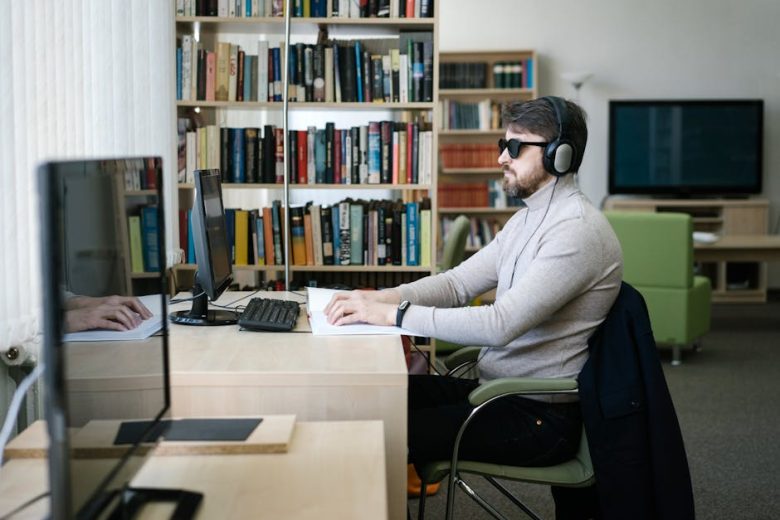In a world that seems to move at an ever-accelerating pace, anxiety has emerged as a silent epidemic that affects millions yet often goes unspoken. The pressures of modern life—ranging from social media comparisons to the relentless demands of work and personal responsibilities—have created a breeding ground for anxiety disorders. As we delve deeper into this pervasive issue, it becomes clear that while anxiety can be debilitating, it also opens a pathway for understanding our emotional well-being and the societal changes we must embrace.
The statistics are staggering: according to the Anxiety and Depression Association of America, anxiety disorders affect 40 million adults in the United States alone. This number doesn’t account for the countless individuals who suffer in silence, either unaware of their condition or too ashamed to seek help. The stigma surrounding mental health often exacerbates the problem, leaving many feeling isolated and misunderstood. In this article, we will explore the factors contributing to the rise of anxiety, the impact it has on individuals and communities, and the hope that lies in increased awareness and understanding.
One of the most significant contributors to increased anxiety is the omnipresence of technology and social media. While these tools can foster connection, they can also lead to unrealistic comparisons and feelings of inadequacy. Scrolling through curated highlights of others’ lives can create a distorted reality, where one’s own struggles feel magnified. The pressure to present a perfect image online can lead to anxiety about self-worth and social acceptance, especially among younger generations who have grown up in this digital age.
Economic factors also play a crucial role in the anxiety epidemic. The uncertainty of job markets, rising student debt, and the cost of living can create a sense of instability that weighs heavily on individuals. Many people find themselves caught in a cycle of worry about financial security, which can lead to chronic stress and anxiety. This economic strain is not just a personal issue; it affects families, communities, and even the national psyche, as the fear of financial failure looms large for many.
Moreover, the pandemic has exacerbated existing mental health issues, thrusting anxiety into the spotlight. The isolation, loss, and uncertainty brought on by COVID-19 have intensified feelings of fear and helplessness. As we navigate this new normal, it’s essential to recognize that anxiety is not just a personal battle but a collective struggle that requires empathy and understanding. Communities are beginning to come together to support one another, fostering environments where mental health is prioritized and openly discussed.
Despite the overwhelming nature of anxiety, there is hope. Increased awareness and advocacy for mental health resources are beginning to shift societal attitudes. Schools, workplaces, and communities are implementing programs designed to promote mental well-being, offering tools and support for those struggling. Conversations around mental health are becoming more normalized, encouraging individuals to seek help without fear of judgment.
As we face the silent epidemic of anxiety, it’s crucial to remember that we are not alone in this fight. By fostering open dialogue, supporting one another, and prioritizing mental health, we can create a more understanding society. While the road ahead may be challenging, the collective effort to address anxiety can lead to a future where emotional well-being is valued and nurtured, paving the way for a healthier, more resilient world.



